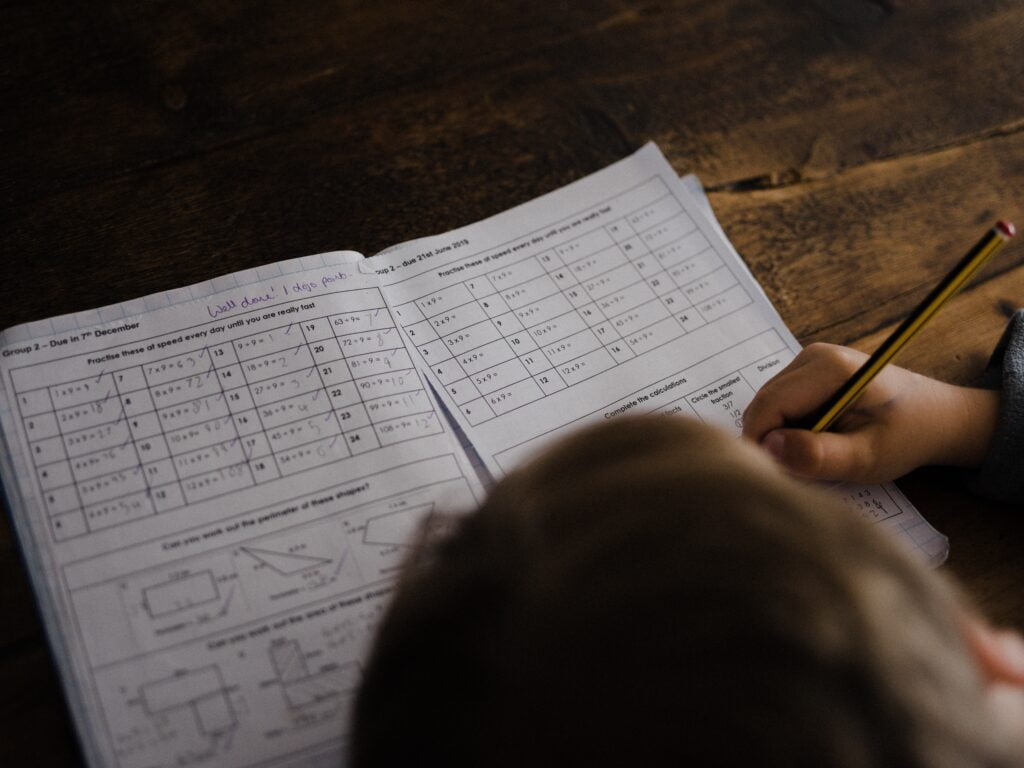Mock exams, often called practice tests or trial exams in other parts of the world, are a critical component of a student’s academic journey. These simulated assessments are designed to mimic the format and conditions of actual exams, providing students with valuable insights into their “preparedness” and areas that require improvement. In this article, I will discuss why mock exams matter and how parents can play a pivotal role in supporting their children during this crucial phase of their education.
Why Do Mock Exams Matter?
- Assessment of Readiness: Mock exams give students a chance to gauge their readiness for the real thing. They provide an opportunity to identify strengths and weaknesses in their subject knowledge and exam-taking skills.
- Reducing Exam Anxiety: By exposing students to exam-like conditions, mock exams help alleviate anxiety associated with the actual test. Familiarity with the exam format and time constraints can reduce stress.
- Time Management Skills: Mock exams encourage students to manage their time effectively during the test. This is a vital skill that can benefit them not only in exams but also in various aspects of life.
- Identifying Weak Areas: These practice tests can pinpoint specific topics or subjects where a student needs extra help. This information is invaluable for focused revision.
- Confidence Boost: Achieving satisfactory results in mock exams can boost a student’s confidence, motivating them to work harder and perform better in the actual exams.
How Parents Can Support Their Kids

Many parents are likely to hear “they are only mocks” from their teenagers. This is a common attitude to come up against, but here is how you can help.
- Create a Supportive Environment: Foster an atmosphere at home where your child feels comfortable discussing their academic concerns and goals. Encourage open communication about their mock exam experiences.
- Set Realistic Expectations: While it’s essential to encourage high standards, be sure to set realistic expectations. Avoid putting undue pressure on your child, as this can lead to increased anxiety.
- Revision Schedule: Help your child establish a structured revision schedule. Make sure it includes regular breaks and leisure activities to prevent burnout.
- Access to Resources: Ensure your child has access to the necessary study materials, textbooks, online resources, and any additional support they may need, such as tutoring.
- Offer Encouragement: Provide positive reinforcement and praise for your child’s hard work and achievements during their mock exams. Celebrate their progress, no matter how small.
- Practice Tests: Encourage your child to take advantage of mock exams or practice tests provided by their school or online resources. These tests can help them become more familiar with the format and types of questions they’ll encounter.
- Healthy Lifestyle: Promote a healthy lifestyle by emphasising the importance of proper nutrition, regular exercise, and adequate sleep. These factors significantly contribute to a student’s ability to focus and perform well.
- Stress Management: Teach your child stress-management techniques, such as deep breathing exercises or mindfulness meditation, to help them cope with exam-related stress.
- Stay Informed: Stay informed about your child’s progress and any challenges they face. Regularly communicate with their teachers or school counsellors to ensure they receive the necessary support.
- Emphasise Learning, Not Just Grades: Encourage a mindset that values learning and personal growth over grades. Teach your child that mock exams are an opportunity to learn and improve, not just to get good scores.
Final Thoughts

Mock exams are an essential part of a student’s academic journey, providing valuable insights and preparation for the real deal. Parents can play a crucial role in supporting their children during this phase by creating a nurturing environment, setting realistic expectations, and providing the necessary resources and encouragement. With the right support, students can face mock exams with confidence, ultimately leading to improved performance and a positive attitude towards their education. Remember that while the outcome of these practice tests matters, the process of learning and growth matters even more.



1 comment